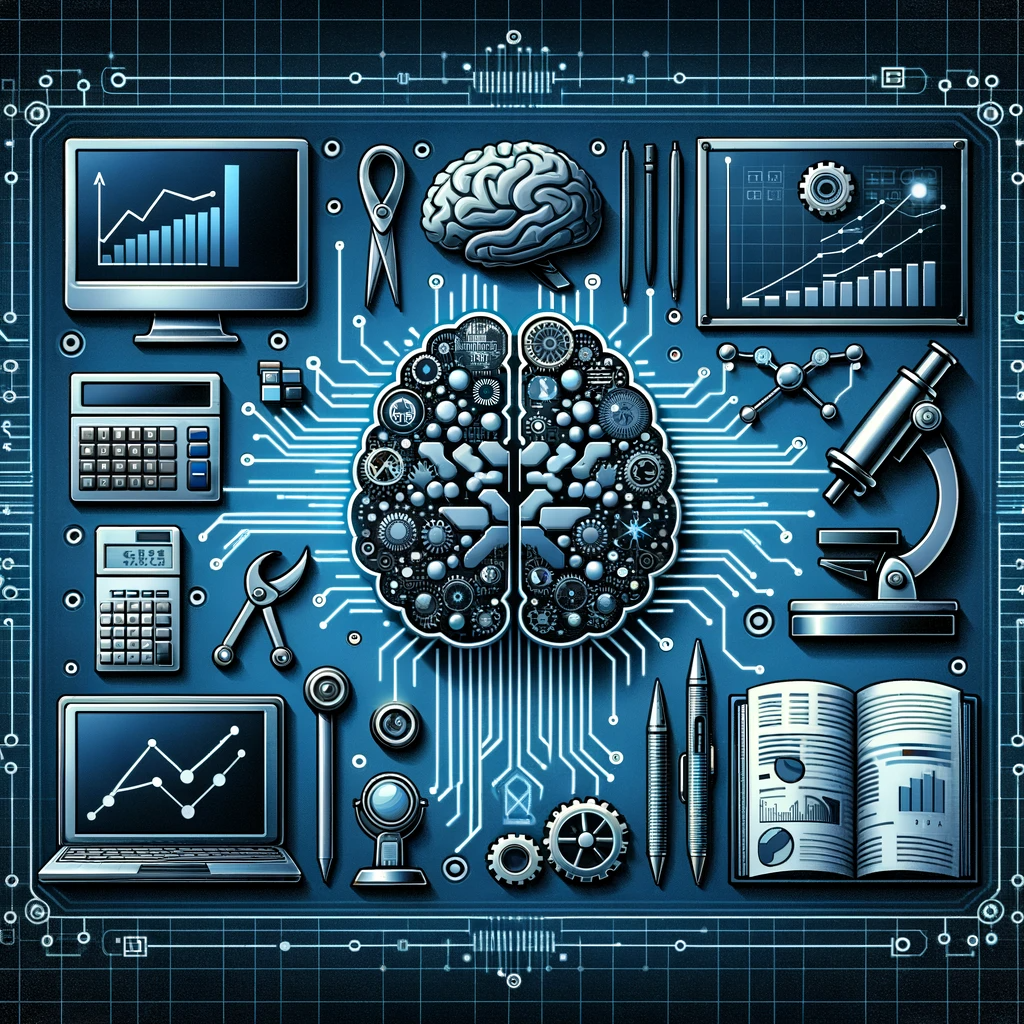In today’s workplace, the concept of skills is divided into two main categories: soft skills and hard skills. While soft skills refer to personal and social abilities, hard skills are technical and specific competencies related to a particular job or industry. In this extensive article, we will delve into what hard skills are, why they are crucial in the workplace, how to develop them, and how to keep them updated in an ever-evolving world.
Section 1: Introduction to Hard Skills
Hard skills are technical and specific skills that can be measured and evaluated. They are often related to theoretical and practical knowledge and can be taught, learned, and quantified. Unlike soft skills, which are interpersonal and emotional skills, hard skills are tangible and concrete. These skills are acquired through formal education, on-the-job training, and work experience.
Hard skills are essential in most fields and are used to perform specific tasks. These technical skills provide the foundation for effective performance in a variety of roles and sectors.
Section 2: Types of Hard Skills
There are countless types of hard skills due to the diversity of industries and professions. Some common examples include:
1.- Computer Skills
- Programming: The ability to write and understand programming code in languages such as Java, Python, PHP or C#.
- Database Management: The ability to manage and utilize database management systems (DBMS) such as MySQL, ORACLE or Microsoft SQL Server.
- Graphic Design: The ability to use software such as Adobe Photoshop or Illustrator to create graphics and visual designs.
2.- Specific Technical Skills
- Electricity and Electronics: Knowledge of electricity, electronics, and electrical systems.
- Welding: Skills in joining metals through welding.
- Automotive Mechanics: Knowledge and skills in the repair and maintenance of vehicles.
3.- Science Skills
- Molecular Biology: Competencies in techniques and procedures used in molecular biology and genetics.
- Analytical Chemistry: Knowledge in chemical analysis and laboratory techniques.
- Quantum Physics: Understanding advanced concepts in quantum physics and quantum mechanics.
4.- Business and Finance Skills
- Financial Analysis: The ability to evaluate financial reports and make informed decisions.
- Project Management: Knowledge in project management methodologies and tools.
- Data Analysis: Skills to collect, process, and analyze business data.
Section 3: Importance of Hard Skills
Next, we will examine why hard skills are essential in the workplace:
- Task Fulfillment: Hard skills allow professionals to perform specific tasks related to their field of work. This is crucial to ensure that work is done accurately and efficiently.
- Competitiveness in the Job Market: In a highly competitive job market, having the right hard skills can make a difference. Employers seek candidates who possess the necessary technical skills to perform their duties effectively.
- Adaptation to Technology and Innovation: As technology advances, hard skills related to technology become increasingly crucial. Staying updated in areas such as programming, artificial intelligence, or cybersecurity is essential to remain relevant in the job market.
- Increased Efficiency and Productivity: Hard skills enable professionals to perform their work more efficiently and with fewer errors. This leads to higher productivity in the workplace.
- Greater Credibility and Confidence: Having strong technical knowledge and skills increases credibility and confidence in the workplace. Colleagues, clients, and supervisors trust professionals who demonstrate a high level of competence.
- Professional Advancement Opportunities: Hard skills are often a requirement for advancement within an organization. Those who possess advanced technical skills have more opportunities to obtain leadership positions and more specialized roles.
- Problem-Solving: Hard skills provide the necessary tools to address and solve technical problems and complex challenges.
Section 4: How to Develop and Improve Your Hard Skills
Developing and improving your hard skills is an investment in your professional future. Here are some strategies to strengthen your technical skills:
- Formal Education: Consider enrolling in academic courses or certification programs related to your field of work. These programs often provide a solid foundation in specific hard skills.
- On-the-Job Training: Take advantage of training and development opportunities offered by your employer. Many companies invest in developing their employees’ technical skills.
- Practice and Personal Projects: Apply your knowledge to personal projects or practical problems related to your field. Continuous practice improves your skills.
- Mentoring: Seek out a mentor who is an expert in the hard skills you wish to develop. Learning from someone with experience can be highly beneficial.
- Online Communities and Resources: Use online resources such as tutorials, forums, and free courses to learn and stay updated in your hard skills.
- Conferences and Seminars: Attend industry-related conferences and seminars to learn about the latest trends and advancements.
- Professional Networking: Collaborate with other professionals in your field to share knowledge and experiences. Participating in networking groups can open opportunities for learning and growth.
Section 5: Keeping Your Hard Skills Updated
The workplace is constantly evolving, and hard skills can become obsolete if not kept up to date. Here are strategies for keeping your technical skills current:
- Continuous Education: Never stop learning. Participate in refresher courses, obtain new certifications, and stay updated on the latest trends in your industry.
- Regular Practice: Keep practicing and applying your hard skills in real-life situations to maintain your level of competence.
- Subscriptions and Publications: Subscribe to relevant magazines and publications in your field. These sources often provide information on advances and trends.
- Events and Conferences: Attend industry events and conferences to connect with professionals and learn about the latest innovations.
- Software and Tools Updates: Keep your tools and software updated to ensure you are using the latest and most efficient versions.
- Online Learning: Use online learning platforms to access continuously updated courses and resources.
Section 6: Conclusions
In conclusion, hard skills are essential for professional success in a wide variety of fields and sectors. These technical skills provide the necessary foundation to perform specific tasks and excel in the job market. Developing and improving your hard skills is an investment in your professional future and allows you to adapt to an ever-changing work environment. Whether through formal education, on-the-job training, or continuous practice, developing your hard skills is essential to achieve your goals and advance in your career.
BLMS, BLMovil’s Learning Management Solution, allows you to generate a training plan for your company, enabling your employees to train in both soft and hard skills and improve your company’s productivity. If you want to know more about how we can help you with training in your company, contact us.

